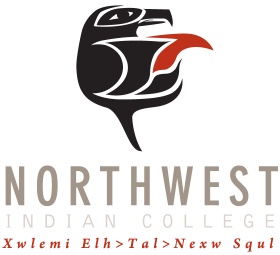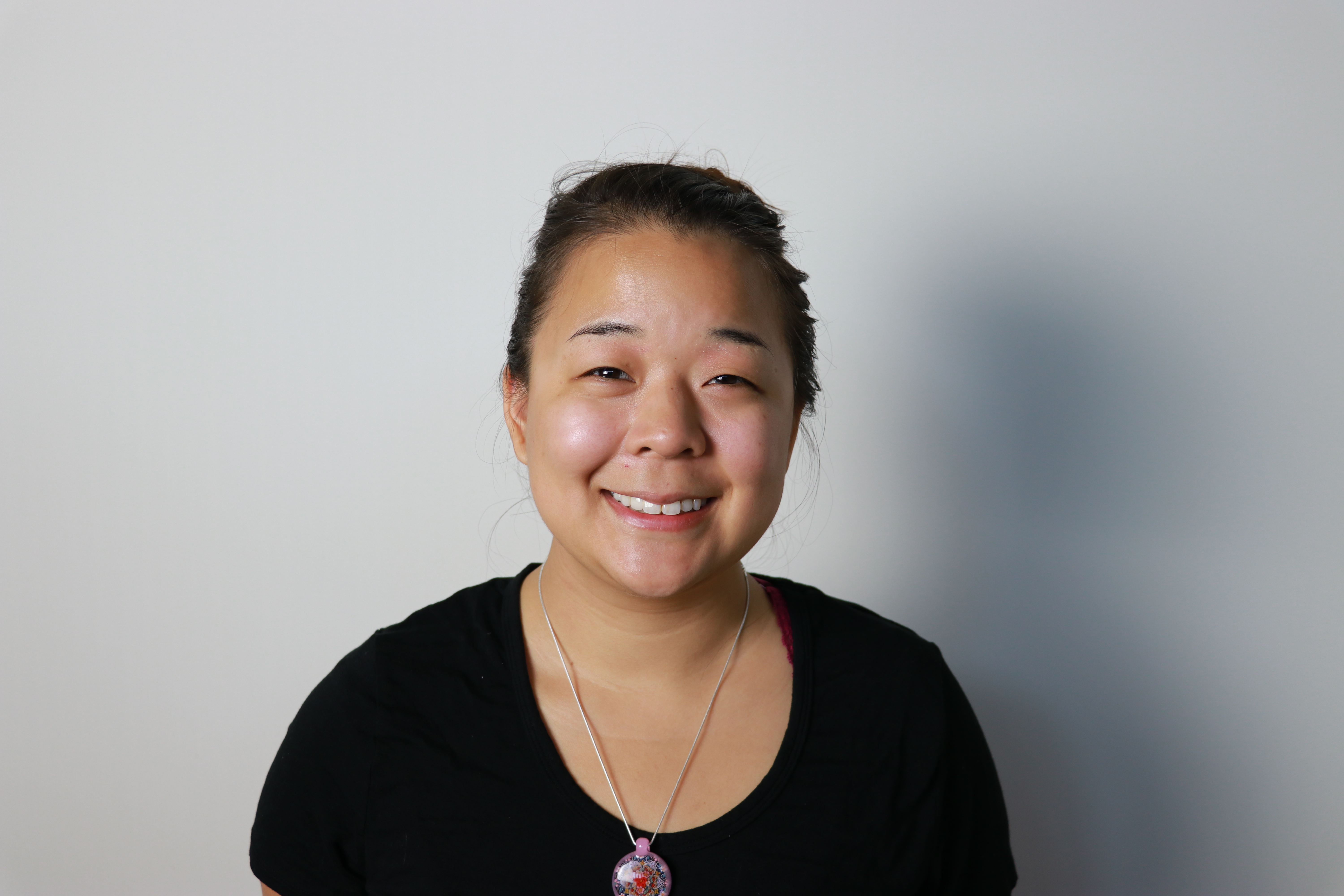Below is a summary of the abstract you submitted. Presenting author(s) is shown in bold.
If any changes need to be made, you can modify the abstract or change the authors.
You can also download a .docx version of this abstract.
If there are any problems, please email Dan at dar78@pitt.edu and he'll take care of them!
This abstract was last modified on May 11, 2018 at 8:03 p.m..

The Science Education Alliance – Phage Hunters Advancing Genomics and Evolutionary Science (SEA-PHAGES) was implemented at Northwest Indian College (NWIC) during the 2017–2018 academic year, making it the first program of its kind to be offered at NWIC. This program is a discovery-based research course that gave us the opportunity to dig through the soil to find new viruses in our local communities. We were able to gain a variety of microbiology techniques as the course progressed in the first quarter, including the aseptic technique, pipetting, culturing, and serial dilutions. In the first weeks of the program we had many issues with contamination and isolation of our samples. As a class, we all had attempted the first steps of the isolation process numerous times before we were able to successfully isolate and continue to the next steps. Both of us were able to complete the first components of phage discovery, and then one of us went on to take an optional Genetics and Evolution course. This course included working with a phage genome and doing complex genome annotation and bioinformatic analyses. For this portion, we were able to start annotating our adopted phage "Homura", a cluster K1 bacteriophage, using the programs DNAMaster, Phamerator, GeneMark, Starterator and the website PhagesDb. After our initial annotations, we proceeded to assign protein functions to each gene we found using the programs and rules of BlastP, HHpred, PECAAN, Synteny and PhagesDb.org. We gained an understanding of the inner workings of phages as we completed the annotation of Homura. This has also taught us the importance of affordable local research and how it can benefit the surrounding communities. The SEA-PHAGES program has motivated us to continue pursuing related fields of study and has expanded our knowledge with respect to our local environment.


